Why Choose Cancun for IVF Treatment?

If you're exploring your options, you might be surprised to learn that a beautiful, vibrant destination like Cancun, Mexico, has emerged as a leading hub for high-quality, affordable IVF treatment.
Many people seek IVF in Cancun not only for the substantial cost savings compared to countries like the United States or Canada but also for the opportunity to receive care from highly qualified specialists using the latest technology, often with minimal waiting times.
How much does IVF treatment cost in Cancun, Mexico?
Here’s a breakdown of potential costs for various components:
| Service | Estimated Cost Range (USD) | Notes |
|---|---|---|
| Basic IVF Cycle | $4,000 - $8,000 | Excludes medications, travel, accommodation. |
| IVF Medications | $2,000 - $5,000 | Varies greatly based on protocol and individual needs. |
| ICSI (add-on) | $500 - $1,500 | Often recommended for male factor infertility. |
| Egg Donation IVF Cycle | $10,000 - $18,000 | Includes donor compensation and screening. |
| Preimplantation Genetic Testing (PGT) | $2,000 - $5,000 per cycle + biopsy fees | Varies per number of embryos tested. |
| Embryo Freezing (Cryopreservation) | $500 - $1,000 + annual storage fee | For future use of remaining embryos. |
What types of advanced IVF procedures are available in Cancun?
Fertility clinics in Cancun are equipped with state-of-the-art laboratories and staffed by highly trained embryologists and reproductive endocrinologists, allowing them to offer a wide array of advanced IVF procedures. These specialized techniques are crucial for addressing complex infertility cases and improving success rates for many patients.
What are the success rates for IVF in Cancun, Mexico?
When considering IVF treatment, success rates are a critical factor for prospective parents. The good news is that fertility clinics in Cancun, Mexico, report success rates that are competitive with, and often on par with, highly respected clinics in the United States, Canada, and Europe. This is largely due to the use of advanced technology, adherence to international medical standards, and the expertise of their fertility specialists.
What are the legal aspects and regulations for IVF in Cancun, Mexico?
Understanding the legal landscape surrounding IVF treatment in Cancun, Mexico, is essential for international patients. Mexico's federal laws do not explicitly regulate assisted reproductive technologies (ART), including IVF, which means that individual states often have their own regulations or, in many cases, a lack of specific legislation.
Ready to explore your options for IVF treatment in Cancun, Mexico, or other global healthcare solutions? Visit PlacidWay to connect with top-rated international clinics and receive personalized support for your medical tourism journey.


.png)

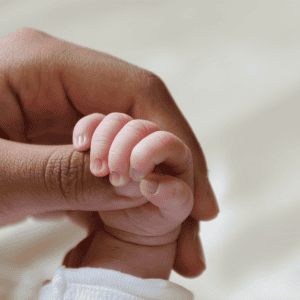
.png)
.png)
.png)
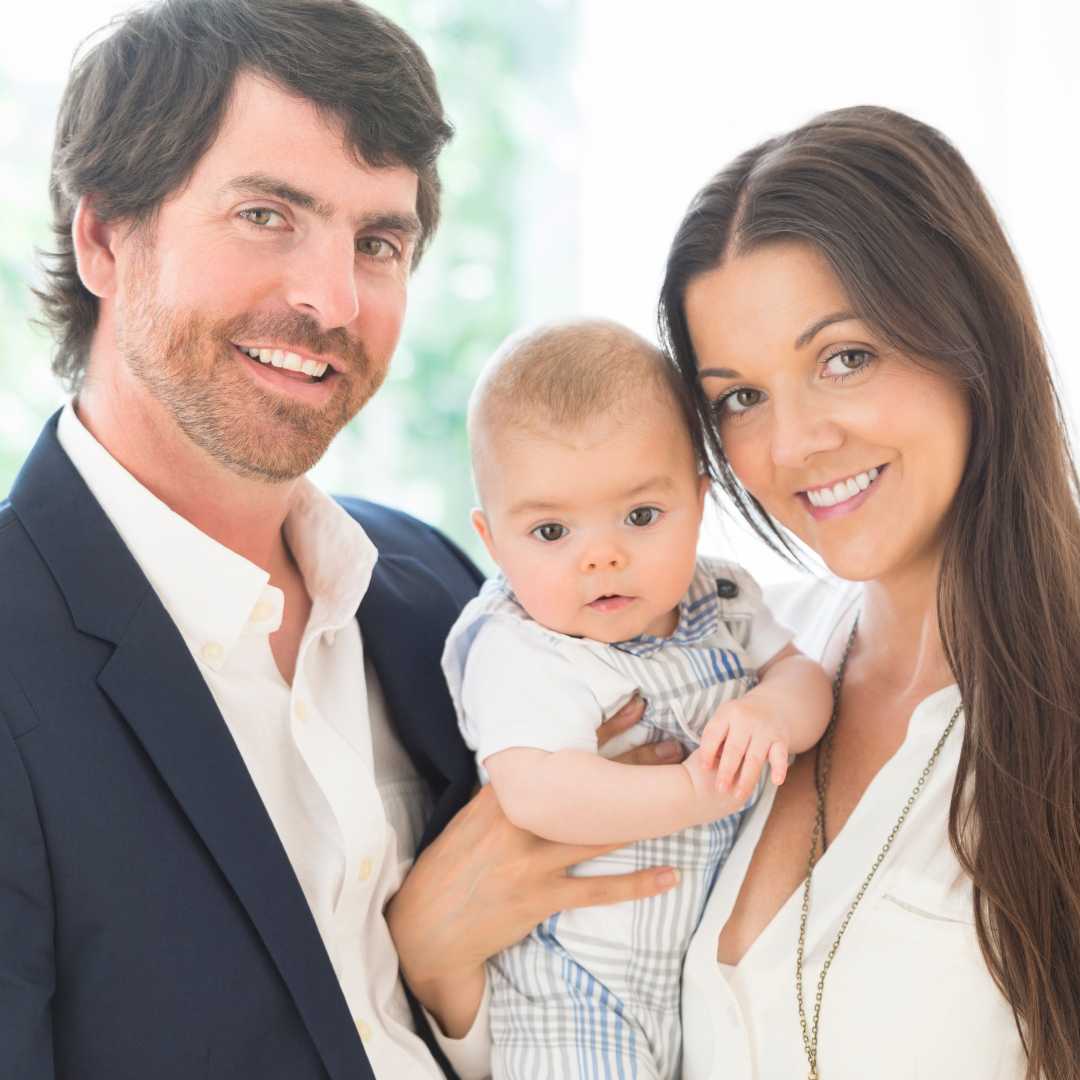
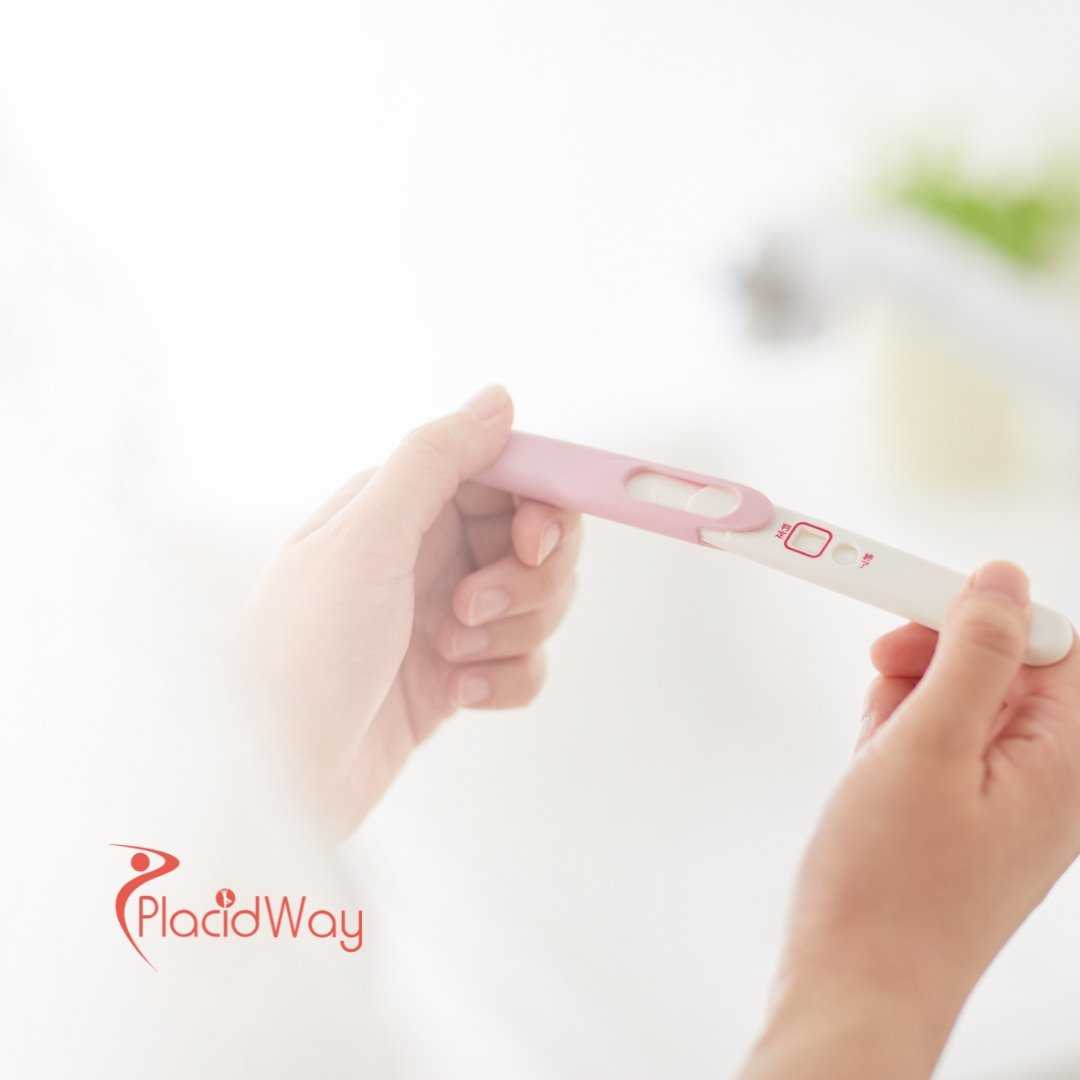
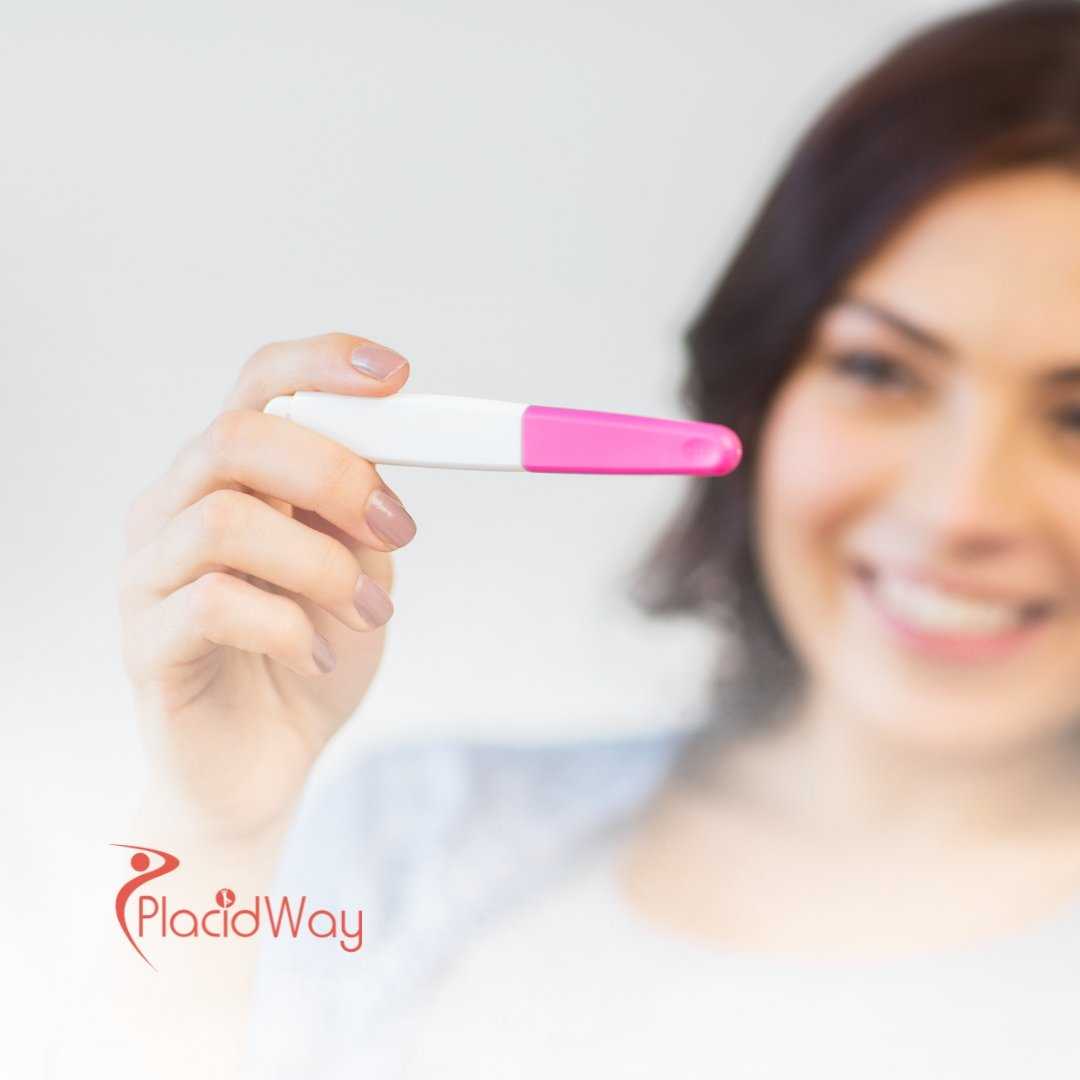
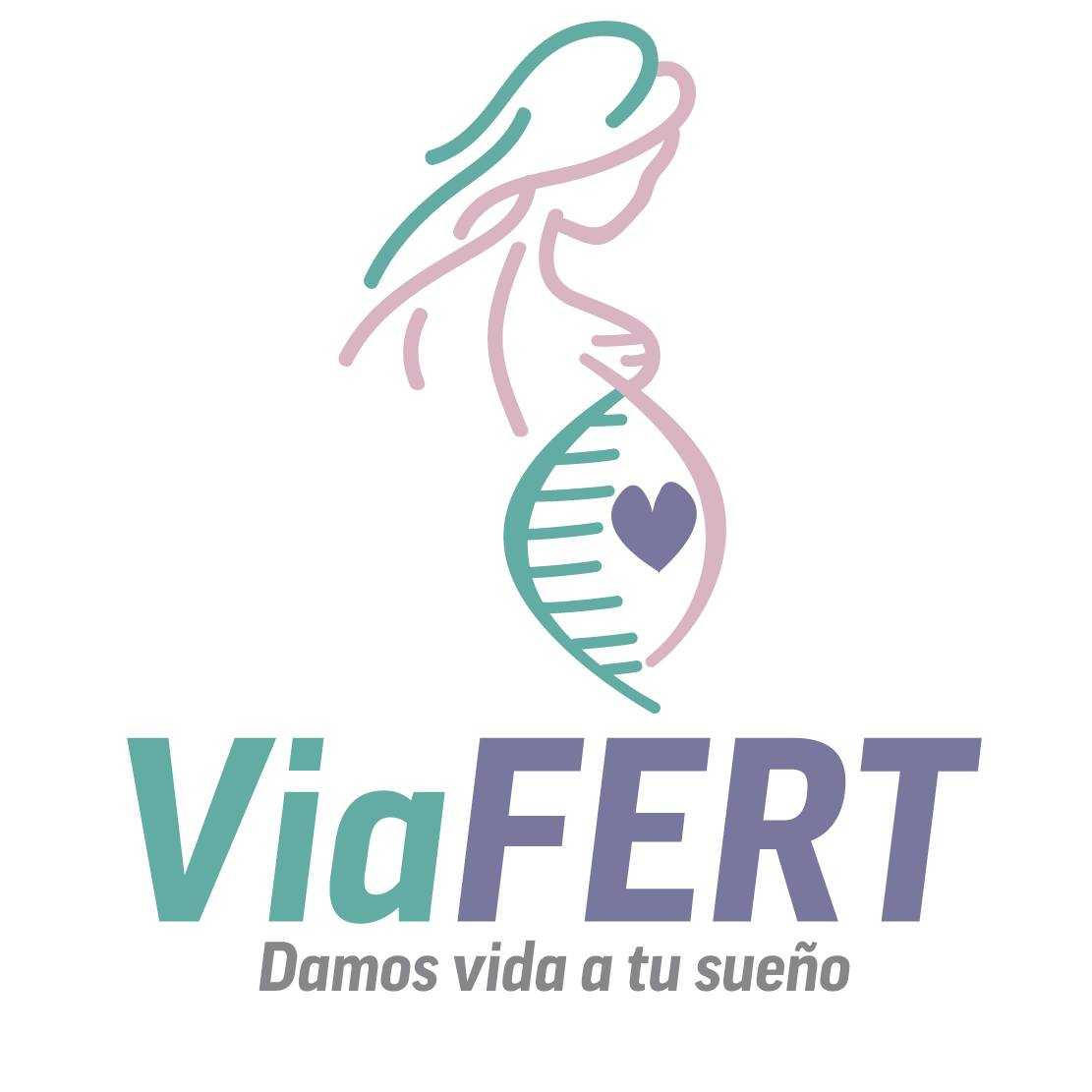
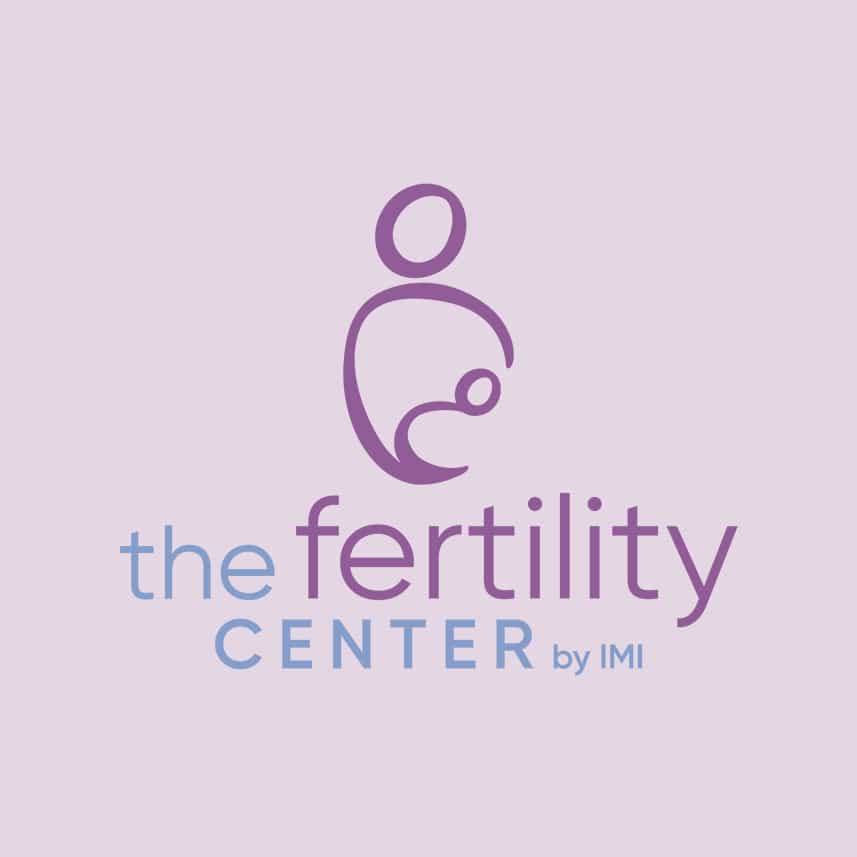
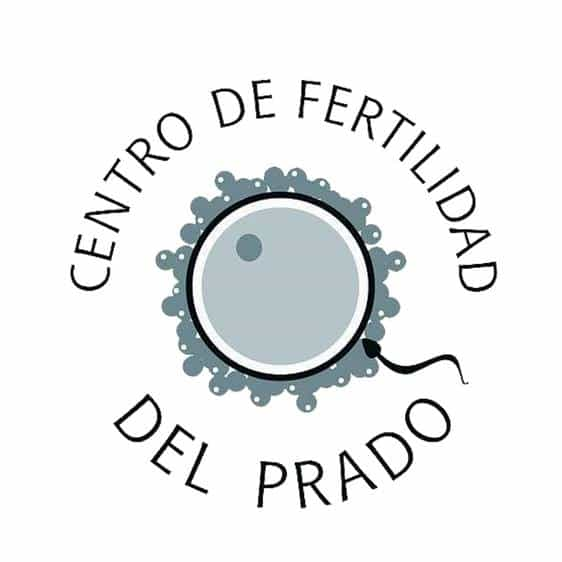
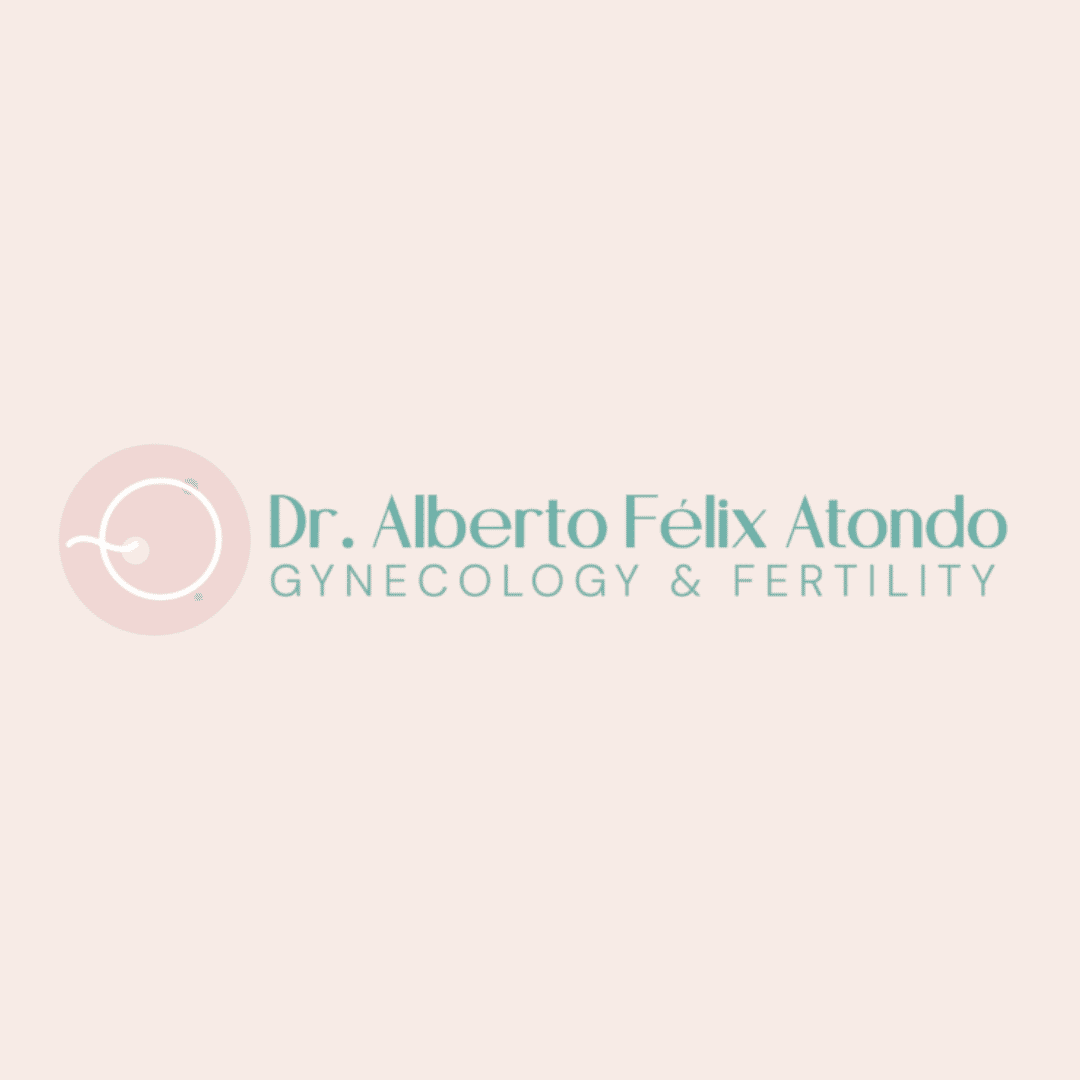
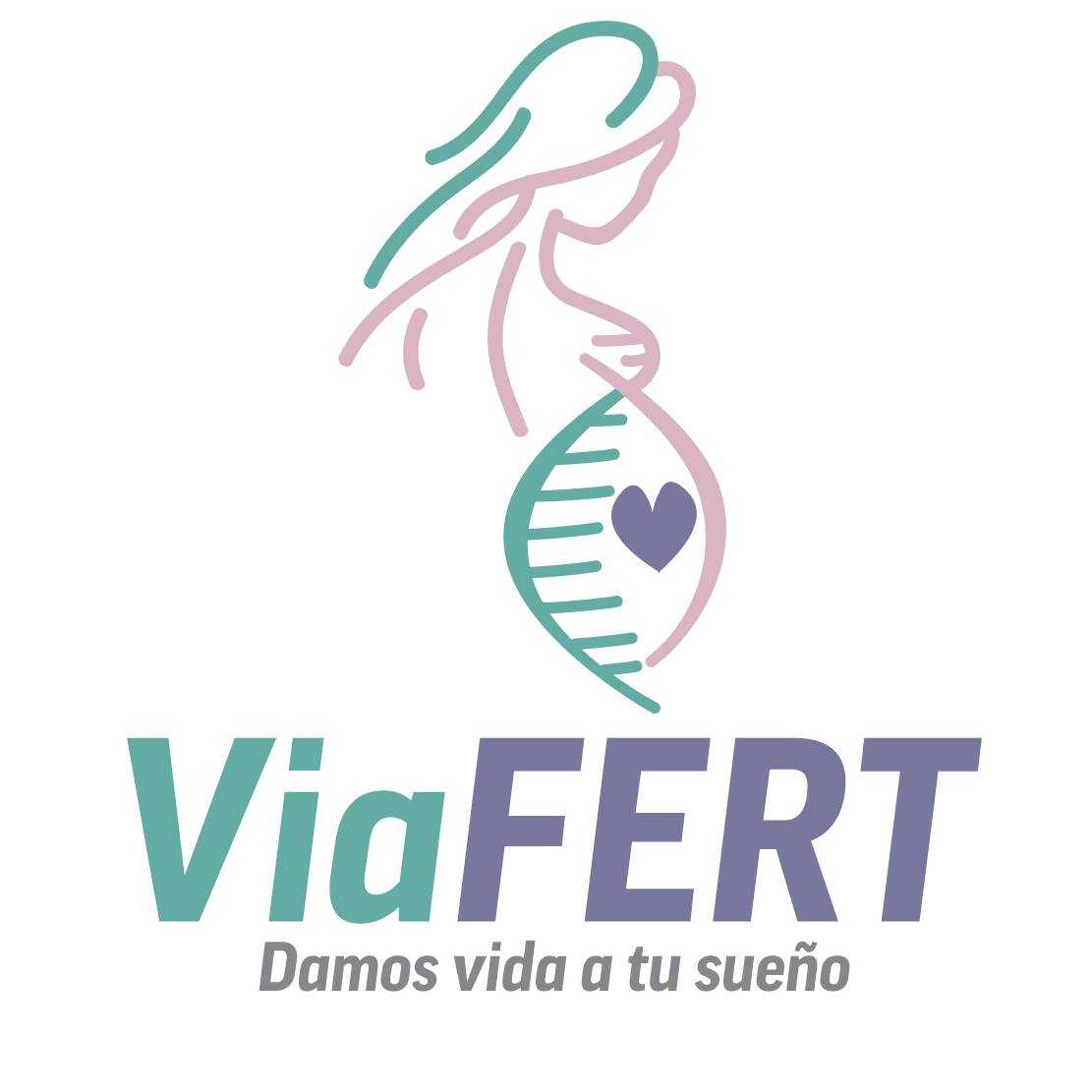

Share this listing